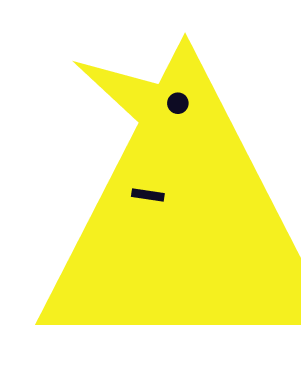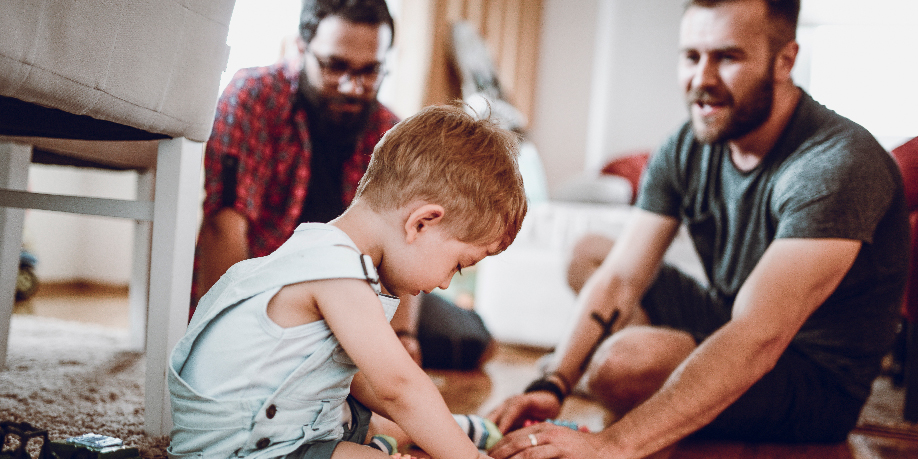3-4 years
This is a guide to how children typically learn to talk and understand words between 3 and 4 years of age.

Children develop skills at different rates, but by 4 years usually children will:
- Listen to storybooks with pictures and answer some questions about a story you’ve just read together.
- Understand and often use words for colour (e.g. ‘red’), number (e.g. ‘three fingers’) and time (e.g. ‘tomorrow’).
- Start to be able to answer questions about ‘why’ something has happened, although this still might be at quite a basic level.
- Use sentences that have 4 – 6 words in them, for example ‘I want to play with cars’.
- Start to link 2 sentences together by using ‘and’. For example, ‘I went to the park and I had ice cream’.
- Talk about the future and the past. For example, ‘I will watch you’ or ‘I jumped down’. Their sentences aren’t exactly like adults’ yet, so they may still make some mistakes such as saying ‘runned’ for ‘ran’.
- Answer simple problem-solving questions, for example ‘What do you do when you’re hungry/cold?’
- Tell a short story about something they have seen or experienced. For example, ‘Two boys played with the ball. It went over the fence.’
- Enjoy make-believe play and start to play cooperatively with others.
- Start to like simple jokes even if they don’t understand them.
- Start conversations with you and with other people.
- Use words instead of actions to argue with you or with their friends.
- Ask many questions using words like ‘what’, ‘where’, and ‘why’.
- Can say the sounds p, b, t, d, m, n, w, k, g, s, f, l and y in words when they are talking. For example, they say ‘sun’ and ‘car’ as an adult would. They may still have difficulty using more complicated sounds like sh, ch, th and r. However, adults who don’t know them can mostly understand them.
- Talk quite smoothly. They don’t repeat the first sound in words or get stuck trying to get a word out.
Support children aged 3-4 years with their talking and understanding of words

Things to look out for
Some children struggle with learning to talk and understand words. Look out for:
- Children who are not joining words together into sentences.
- Children whose sentences are jumbled or difficult to understand.
- Children who have difficulty understanding and following instructions.
- Children whose speech is very unclear so you have trouble understanding them when they talk.
If you notice any of these things, have a closer look at the child’s speech, language and communication skills using one of our free tools:
Follow the process in your setting/workplace for raising concerns. This should include discussing your concerns with the child’s family and your SENCo. Statutory guidance is outlined in the SEND Code of Practice (2015).
Further support
For tips on how you can support a child aged 3-4 years’ communication skills, have a look at some of our educator resources:

